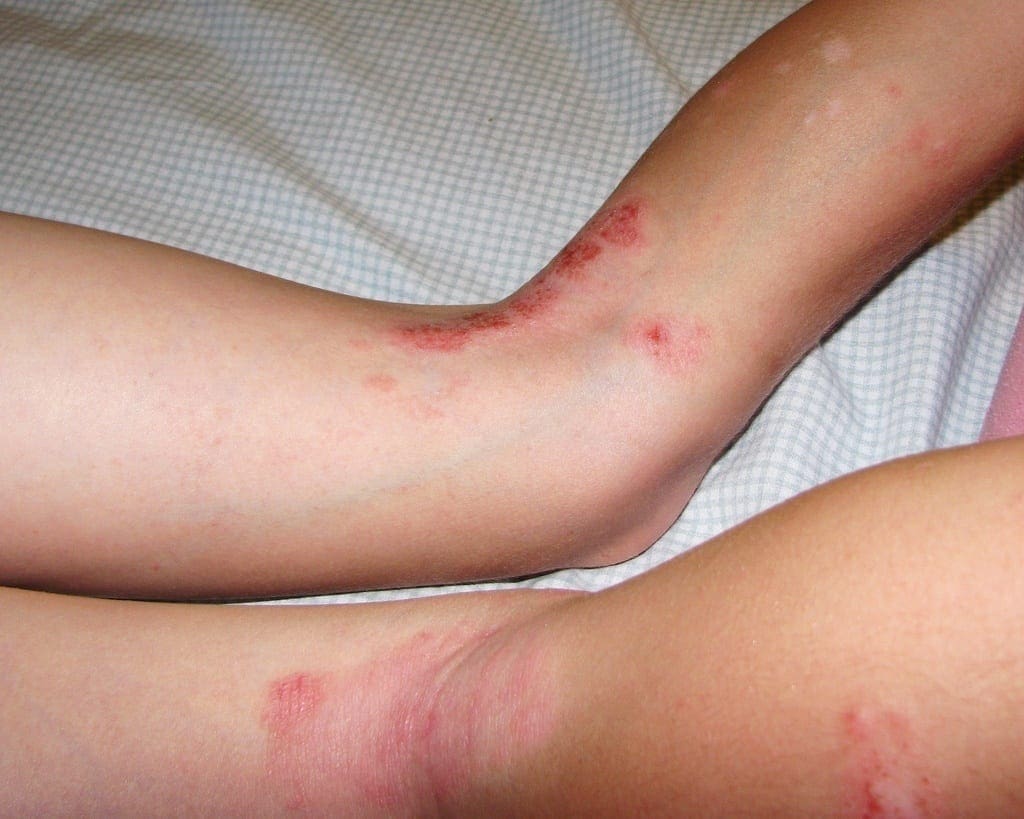
How many times in life have we all heard that being different is a good thing, that it sets us apart from other people? What if the thing that made you different isolated you from some people?
Psoriasis is a skin disease that can have that exact effect on people. Psoriasis is a skin disease that affect the skin and joints. It usually appears in red, dry, scaly, patches. It causes an extreme itch and at times pain.
There are several different types of psoriasis, but the most common is Plaque Psoriasis. It affects between 80 and 90 percent of people who have psoriasis. Around 1 or 2 percent of the United States population, which is roughly five and one half million, people have Plaque Psoriasis.
This disease affects men and women equally. It is first discovered between the ages of 16-22. The most common places for it to appear are on the legs, arms, back, and scalp.
Psoriasis is not only a physical disease, but can also affect a person mentally. Most of the population does not know what psoriasis is and when they first encounter it, they react in a negative way, lowering the person’s self esteem.
People who suffer from this disease are usually unsure of how to deal with other people’s reactions towards it. The most common mistake people make is thinking that psoriasis is contagious. Psoriasis is not contagious. People who do not know this usually react by backing away and asking the person if it is contagious. This severely lowers the person’s self esteem, seeing that people are afraid to be near them.
As of now there is no cure for psoriasis. There are several treatments for it which include, creams, oils, lotions, and other various antibiotics. They will not cure a person of their psoriasis, but they will help the itching, and the pain, and cause less frequent flare ups.
People say the best way to learn about something is to have lived with it. I can honestly say that I know for a fact that all of this information is true because I suffer from psoriasis. I have lived with it and I hope that by reading this article you now have a better understanding of this disease. If you have any further questions about psoriasis feel free to ask us, we would love to help.

Be the first to comment